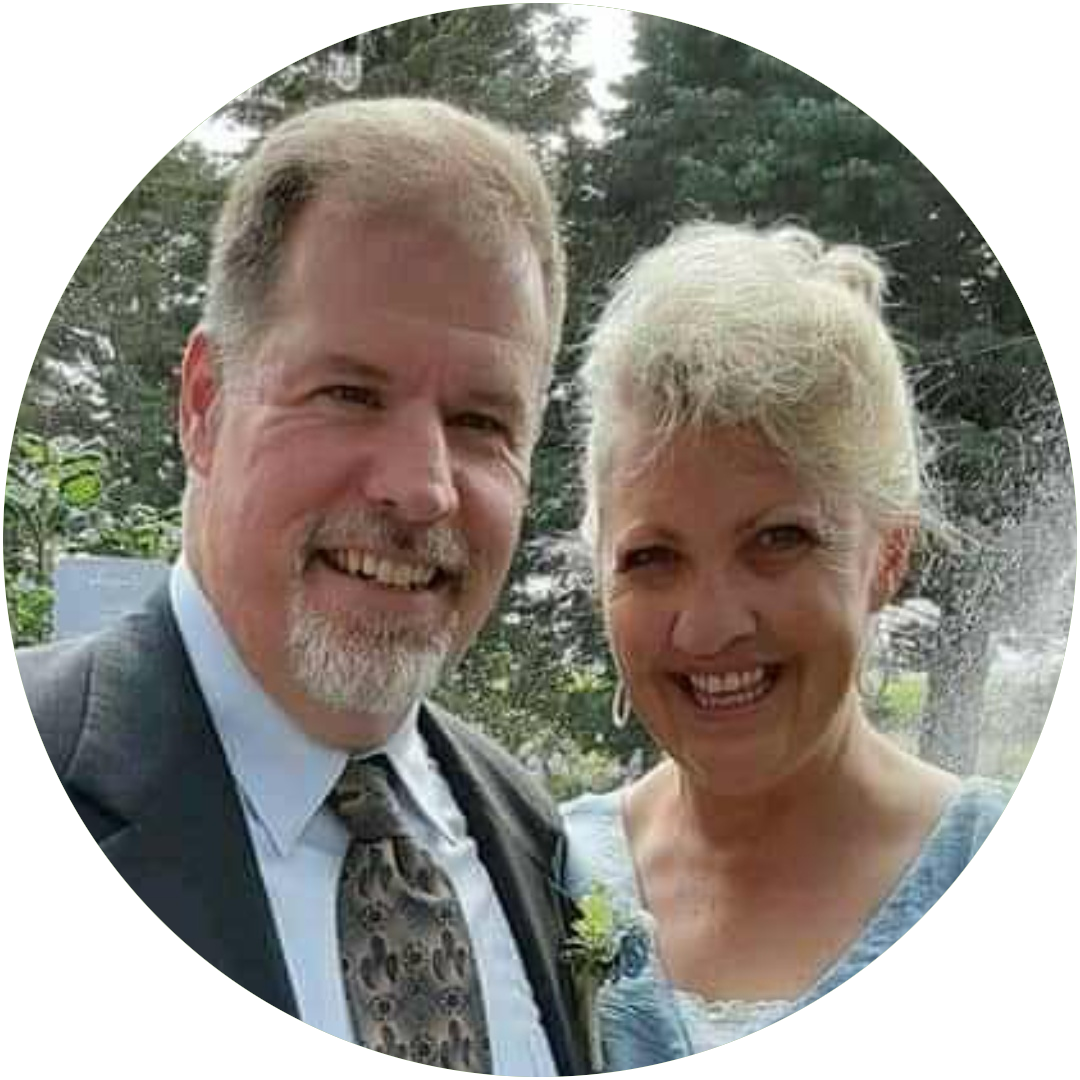
Pastoral Follow-Up
With the completion of a Bridge explanation, I pray the Lord grants you spiritual fruit for years to come! But is that our only responsibility? What if they turn away from the Gospel? What can I do to help a new Christian go on with Christ? These are questions many of us struggle with, and the Lord has some clear answers for us.
Paul tells us that the Gospel is the power of God for salvation to all who believe (Romans 1:16). So we know that if we share the Gospel with enough people, we will see some through the conviction of the Holy Spirit accept Jesus Christ as Lord and Savior. We're sobered by the Parable of the Sower that not everyone who hears the Gospel will choose to believe it. We know that for many, Satan comes immediately to snatch away the seed of the Gospel sown in their hearts. Others receive it with joy, but fade quickly in the face of trial and tribulation. Still others receive the Gospel and begin growing, but the worries and cares of this life choke the resulting plant so that it never comes to maturity and full fruition. There is only one group of Gospel-hearers that grows to maturity and bears fruit, some thirty, sixty even a hundred times what was sown.
So the role of the evangelist (and everyone should do the work of an evangelist!) is to scatter the seed (or to borrow the illustration from our last post, "cast the net") of the Gospel far and wide, and to seek those who will receive the Gospel by inviting all who hear it to make a decision about it ("drawing the net"). The role of the Holy Spirit is to convict a hearer of the Truth of the Gospel (John 16:7-11) and cause the response of acceptance to bloom in the heart of those who hear the Gospel (John 14:6). But then what? Is that all there is? Is that all that is expected of us?
On the contrary, while Jesus called us to preach the Gospel to all creation (Mark 16:15), He also called us called us to disciple all the nations (Matthew 28:19-20). Again, we are Christ's ambassadors, as though God were making His appeal through us, "Be reconciled to God" (2 Corinthians 5:18-21). But God has given gifts and gifted people to all the church in order to help all Believers—new and old—to grow up into Him who is the head of us all (Ephesians 4:11-16). We are not just to share Christ, but also to help new Believers get into fellowships where they can be trained and discipled to walk in obedience to Christ's commands. We like to call that Pastoral Follow-Up.
Pastoral Follow-Up
Looking carefully at Ephesians 4:11-16, we see what needs to follow our fruitful evangelistic efforts: The Bible calls it discipleship. The initial phase of discipleship, helping a new Christian clarify their standing before God and become established in their new life in Christ, we label follow-up. Follow-up refers to the early steps of stabilizing a new Believer's decision to trust in Christ, which also lays a foundation for a lifetime of discipleship.
The simplest and most common form of follow-up, we call Pastoral Follow-Up. That doesn't mean that we tell our church pastor that someone has come to Christ and they need to visit them! It can certainly include that, but the idea is that we introduce our new Christian brother or sister to the fellowship of Believers called the local church. We introduce them to other Christians and help them settle into a healthy, Bible-teaching and Bible-fearing body of Believers. As they do so, the majority of teaching and encouragement they receive will come from pastors and Sunday school teachers in large-group settings.
Pastoral follow-up has the advantage of establishing a uniform standard of "sound doctrine," as Paul put it (e.g. Titus 1:9), while the new Believer is just beginning to grow in his or her understanding of all the Scriptures teach. Pastoral follow-up provides a high-level overview of sound doctrine and practice. It is an efficient means of disseminating Biblical teaching to large numbers of people, and it provides a "safety-net" of basic Christian understanding and guidance. It fulfills Jesus' command to Peter to "feed My sheep" (John 21:17).
But unless the church is a small and intimate congregation, Pastoral Follow-Up cannot meet the need of discipling the nations, as commanded in Matthew 28:19-20. It is a vital part of God's program to train up generations of new Believers. But to disciple nations requires something much more costly, and Ephesians 4:11-16 tells us that God's intention was for every Believer to pay that price.
Completing the Great Commission of Matthew 28:19-20 requires an army of Believers across this globe investing themselves into the lives of new and younger Christians, taking them by the hand and showing them how to obey all that Jesus has taught His Church. We call that Personal Follow-Up, and we'll explore that more in our next post.
Resources
- The Bridge Illustration - A clear and complete explanation of the only way man can be reconciled with God
- Prayer Pages - A tool to help keep track of and manage prayer needs.
- Personal Reading Record - A tool to help you keep track of where you've read and where to read next
- Bible Reading Highlights Record - A tool to help you record your thoughts and applications when you read the Word
- The Timothy Training Workbook - A printable (front & back) discipleship notebook written by veteran Navigator missionary and founder of Training Evangelistic Leadership, Roy Robertson
Courtesy of Roy Robertson and Training Evangelistic Leadership

